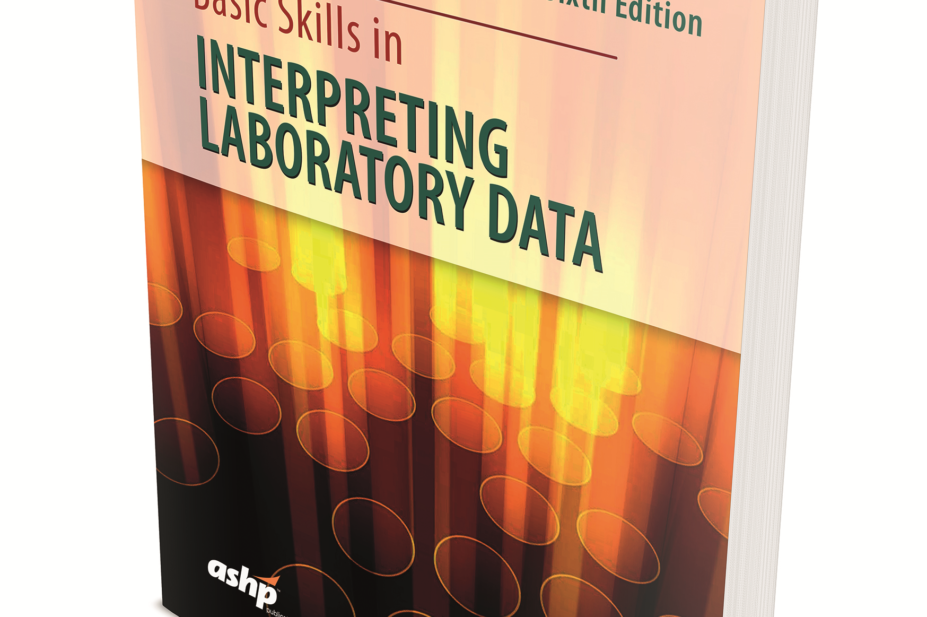
Specific knowledge and critical skills are required by pharmacists to use laboratory data effectively for diagnosing diseases or monitoring the safety and effectiveness of treatment. This book, written by pharmacists for pharmacists, makes the task of making important decisions, based on laboratory data, much easier. It is divided into three main sections: basic concepts and test interpretations, system disorders and diagnostic tests, and tests for special populations.
Each chapter describes the laboratory tests used to evaluate an organ system or disease, why a particular test is required, the normal value range for the test and how to interpret an abnormal value. Mini-cases describe common clinical scenarios and include ordering appropriate tests, interpreting results, managing patients and addressing spurious results. Learning points conclude each chapter and highlight key concepts about the tests.
New to the 6th edition of this book is a chapter on point-of-care testing. It describes the opportunities for carrying out tests in community pharmacy or ambulatory care settings for both population and patient-specific applications. It describes the relevance of sensitivity, specificity, accuracy, precision, and positive and negative predictive values when interpreting results.
Other significant additions include an expanded section on men’s health, which covers PSA testing for screening, staging and monitoring treatment for prostate cancer, laboratory tests to diagnose and monitor haemochromatosis, and expanded sections on laboratory tests to monitor direct thrombin inhibitors, direct oral anticoagulants and low molecular weight heparin.
Quickview charts, which are standardised template presentations of information, allow readers to learn quickly about specific laboratory tests. The charts are also useful in the management of patients, but the content should be supplemented with the in-depth information from the appropriate chapter.
Specific laboratory tests can be found easily by referring to the alphabetical index at the end of the book. Finally, a list of abbreviations appears at the front and a glossary of terms at the back.
Basic Skills in Interpreting Laboratory Data is the most widely used teaching text on this subject for pharmacy students in the US and an important reference source for pharmacy practitioners. European readers will be a little frustrated that SI units are not used routinely, but conversion factors and tables are included in the text in appropriate places and often SI values appear in parentheses.
This book offers information in a clear, concise and easily accessible way. It is a valuable reference source for students and practitioners working in clinical practice.
Laurence A Goldberg
References
Basic Skills in Interpreting Laboratory Data 6th Edition, by Mary Lee. Pp xxii + 666. Price $106. American Society of Health-System Pharmacists (Maryland), 2017. ISBN 978-1-58528-548-8
Also available as an eBook E5556, eISBN 978-1-58528-549-5. Price $95


